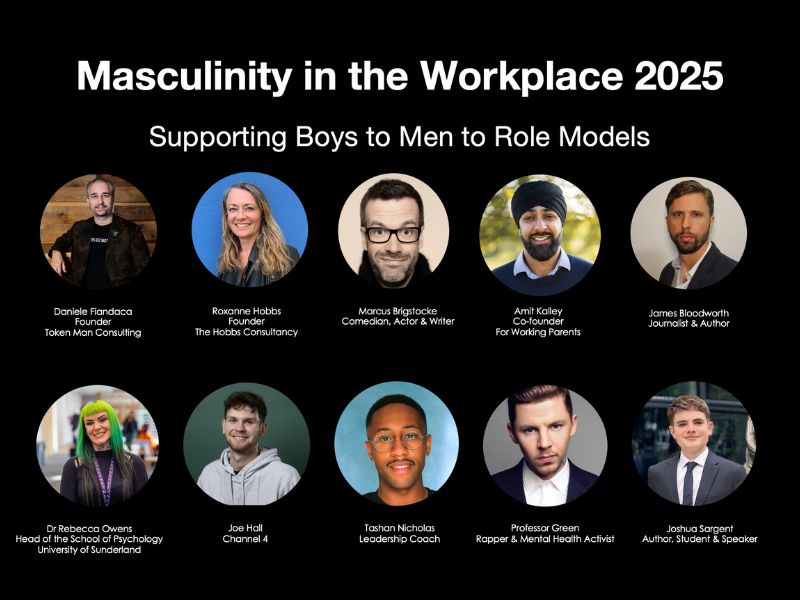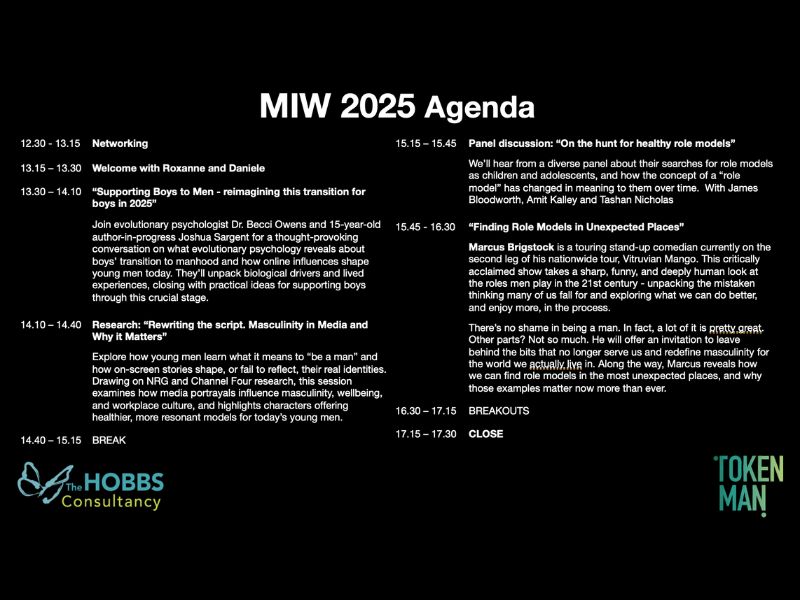We spend so much time trying to move forward in our careers that we often forget to pause and look back. We’re told to keep learning, achieving and pushing ahead, but rarely to stop and think about what we’ve already learned.
Reflection doesn’t sound as exciting as upskilling or networking, yet it can be one of the most valuable things you do for your career.
Why slowing down matters
When you take a step back to think about what went well and what didn’t, you start to notice patterns. Maybe you’re at your best when you’re given creative freedom or perhaps you thrive under structure and clear direction. Without reflection, it’s easy to drift from one role to another without really understanding what makes you happy or motivated. Reflection helps you connect the dots between experience and purpose.
Finding clarity and confidence
Reflecting on your past choices doesn’t mean dwelling on them. It’s about recognising the lessons they’ve taught you. It gives you clarity about where you’ve been and where you want to go next. When you understand your own story, you make more confident decisions. You stop following what others think success looks like and start defining it for yourself.
Learning from the hard bits
Everyone has moments they’d rather forget, a project that didn’t go as planned, a conversation that went wrong or a decision that felt off. Those moments are full of lessons if you’re willing to look for them. Reflection turns mistakes into information, not self-blame. It helps you build resilience and stops you from repeating the same patterns.
Becoming more thoughtful at work
People who make reflection part of their routine often communicate and lead better. They think before reacting and understand how their actions affect others. A quick pause after a meeting or a chat with a colleague can help you see things from a different angle. Over time, that awareness improves relationships and makes you a more empathetic, grounded professional.
Making reflection part of your week
You don’t need to journal for hours to reflect. It can be as simple as asking yourself a few questions every Friday: What went well this week? What could I improve next time? What am I proud of? You could write it down, say it out loud or just think it through while walking the dog. The point is to make it a habit.
The quiet skill that changes everything
Reflection doesn’t shout for attention, but it quietly shapes the way you grow. It helps you make sense of your experiences, see your progress and make choices that align with who you are. It might not appear on your CV, but it’s the skill that helps every other one fall into place.











